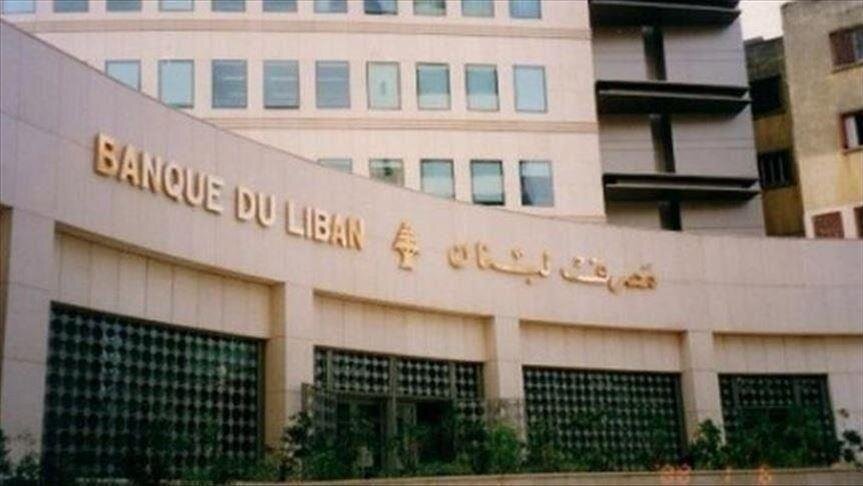What is Washington's interest in drying up Lebanon's cash economy?

BEIRUT — Ahead of May 2026 parliamentary elections, Washington is counting on the impact of a series of punitive measures against the Shiite duo, Hezbollah and the Amal Movement.
Washington believes that the loss of the Shiite duo's sources of money and the collapse of its banking institutions will push its supporters to boycott their candidates or elect their opponents, thus stripping them of their political share within the state institutions.
The U.S. scheme to dry up the Resistance’s funding and strangle it financially is part of the ongoing aggression against Lebanon. This also facilitates the undermining of Hezbollah's efforts to rebuild its military arsenal and structure, as well as obstructing the reconstruction of what was brutally destroyed by the US-backed Israeli aggression.
The implementation of these measures is facilitated by the de facto HTS-led regime in Syria.
In response to Israeli orders, the de facto HTS-led regime recently launched systematic attacks on Lebanon’s Qusayr countryside (south of Homs) to impose a ground siege on Hezbollah, while Israeli drones monitor the rest of the border crossings to obstruct any possible transfer of weapons or funds.
The Lebanese government’s decision, following Israeli threats to bomb Beirut airport if any Iranian aircraft landed, is one of the most significant steps in the air blockade.
This coincided with tightened inspection and monitoring procedures, as well as the dismissal and replacement of dozens of employees based on sectarian backgrounds, by excluding Shiites exclusively.
These measures are primarily aimed at prohibiting the transfer of any cash shipments to Hezbollah.
The same measures have been implemented at Beirut Port, which has undergone a series of changes from inspection mechanisms and screening rooms; a number of Shiite employees were also fired after numerous accusations were raised by anti-Hezbollah media and political figures.
In parallel, the U.S. spy den in Beirut (the embassy) is closely monitoring financial transfers and commercial transactions to and from Lebanon to ensure that Hezbollah is not benefiting from them.
The appointment of Karim Said as Banque centrale du Liban’s new governor has strengthened Washington’s control over the banking sector, including stricter controls on account opening, control of foreign transfers, the voluntary freezing of certain accounts, and the scrutiny of any commercial transactions with Hezbollah or transfer of any funds in its account.
This applies to exchange companies, which are subject to heavy fines from Banque centrale du Liban if they deal with individuals or entities that Washington considers close to Hezbollah, or merely on the basis of suspicion in a bid to pressure Hezbollah’s popular base to rise up against it.
The same applies to controlling the purchase of cryptocurrencies, as these transactions are difficult to monitor due to the nature of the blockchain system.
What is more important for Washington is to complete what its Israeli arm did during the September-November U.S.-led Israeli war by bombing several centers of Hezbollah's banking institution, Al-Qard al-Hassan, as it is a source of funding for Hezbollah's popular base and its service institutions.
Obviously, the U.S. spy den in Beirut (the embassy) is pressing for the closure of this institution.
It is worth noting that during the financial crisis that erupted in 2019, Al-Qard al-Hassan did not plunder depositors’ money, as did the banks owned by the political oligarchy protected by Washington, as it is a non-profit cooperative that provides soft loans to a wide segment of the Lebanese population.
Therefore, during the recent aggression, the anti-Resistance media launched a campaign to demonize Al-Qard Al-Hassan, threatening those who deal with it with severe hostile penalties.
Leave a Comment